Mapping Meaning: 2016
MAPPING MEANING: 2016
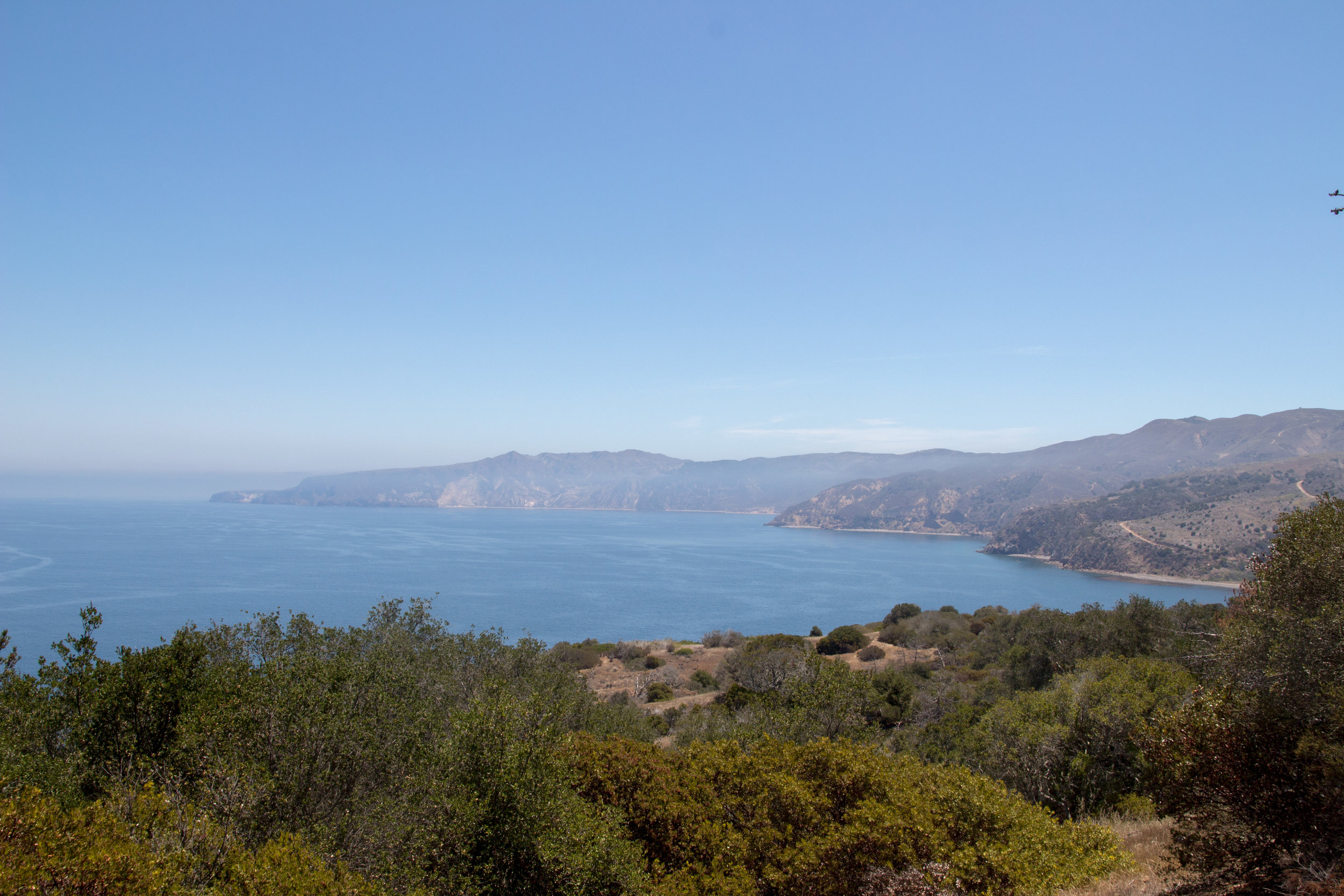

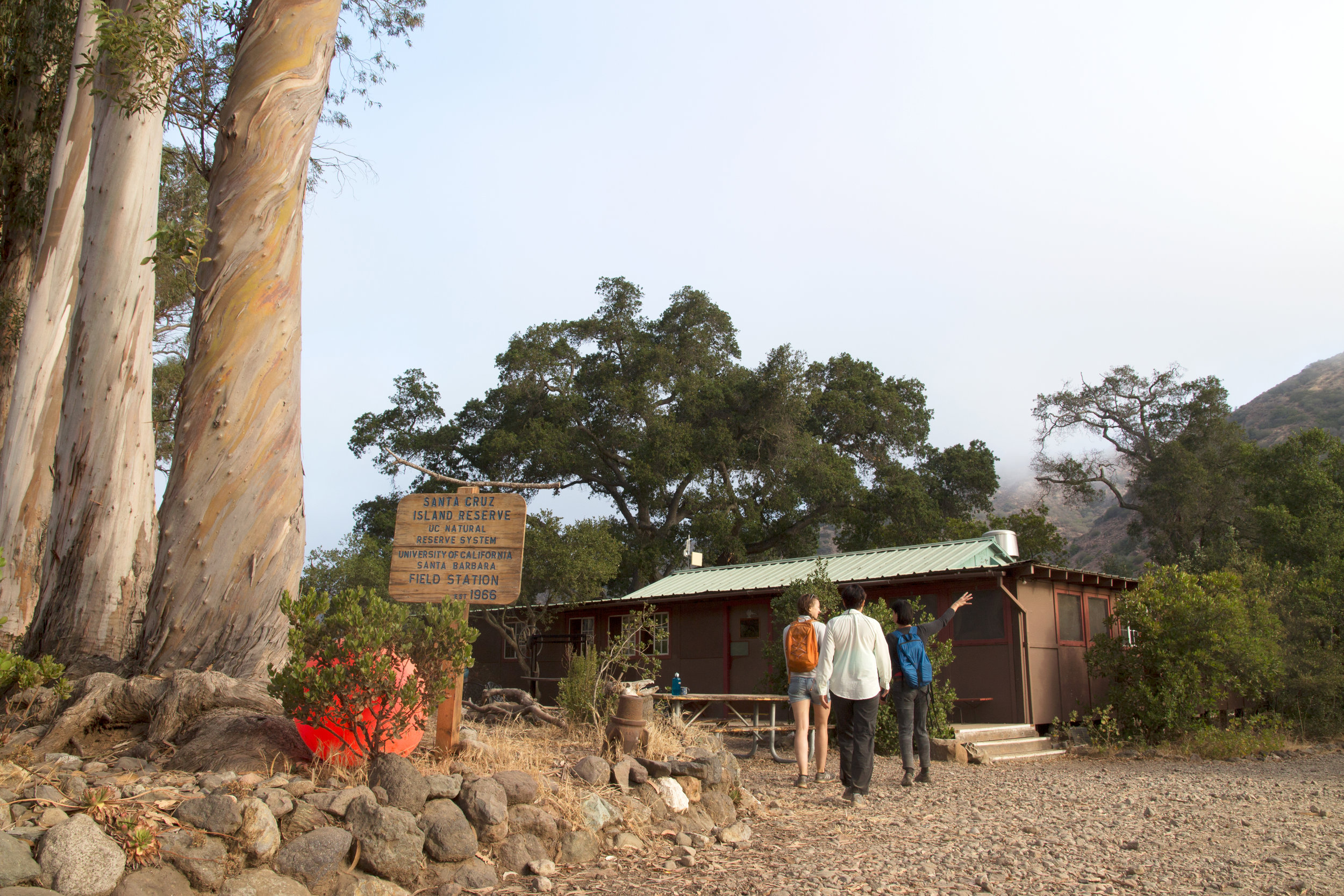
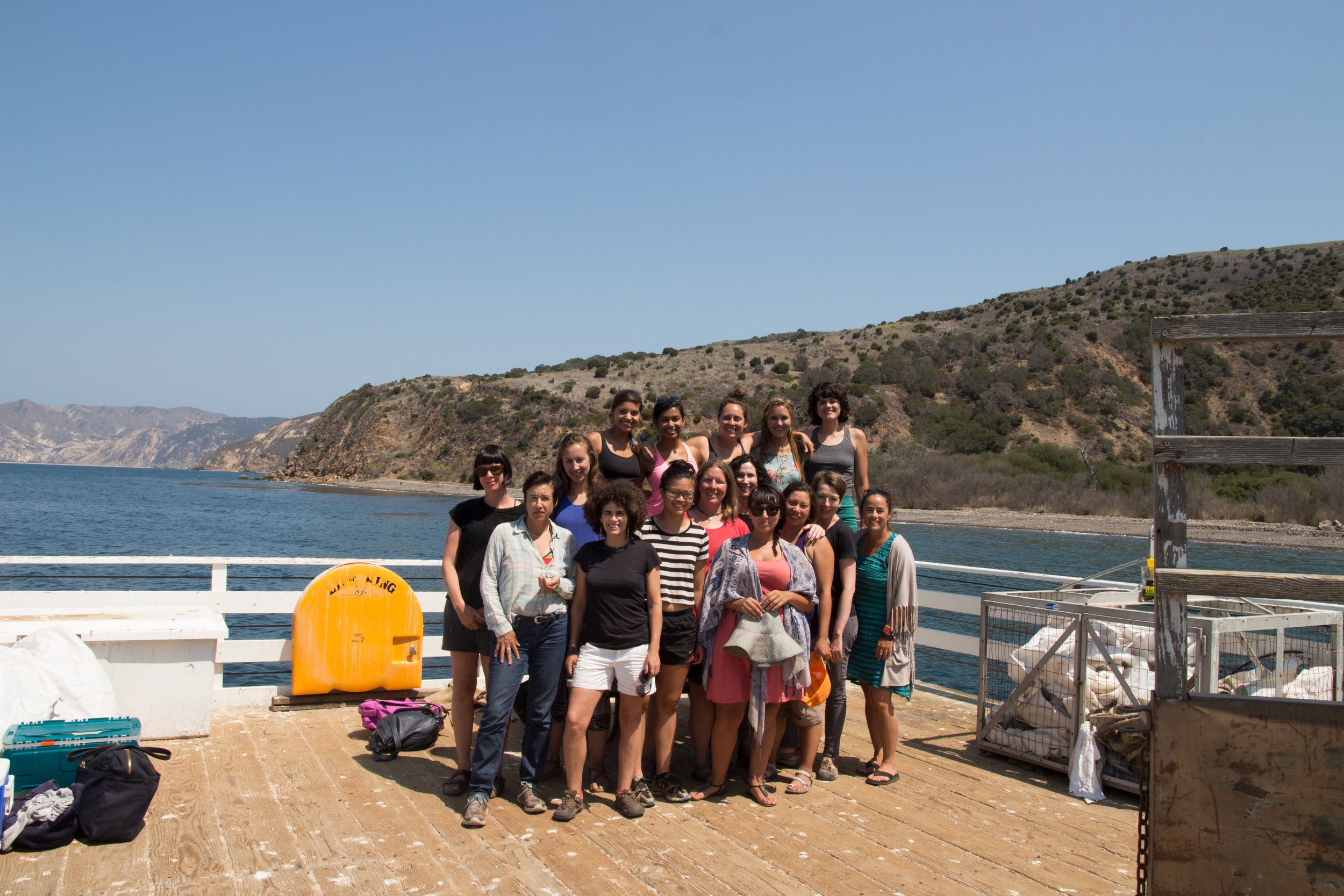
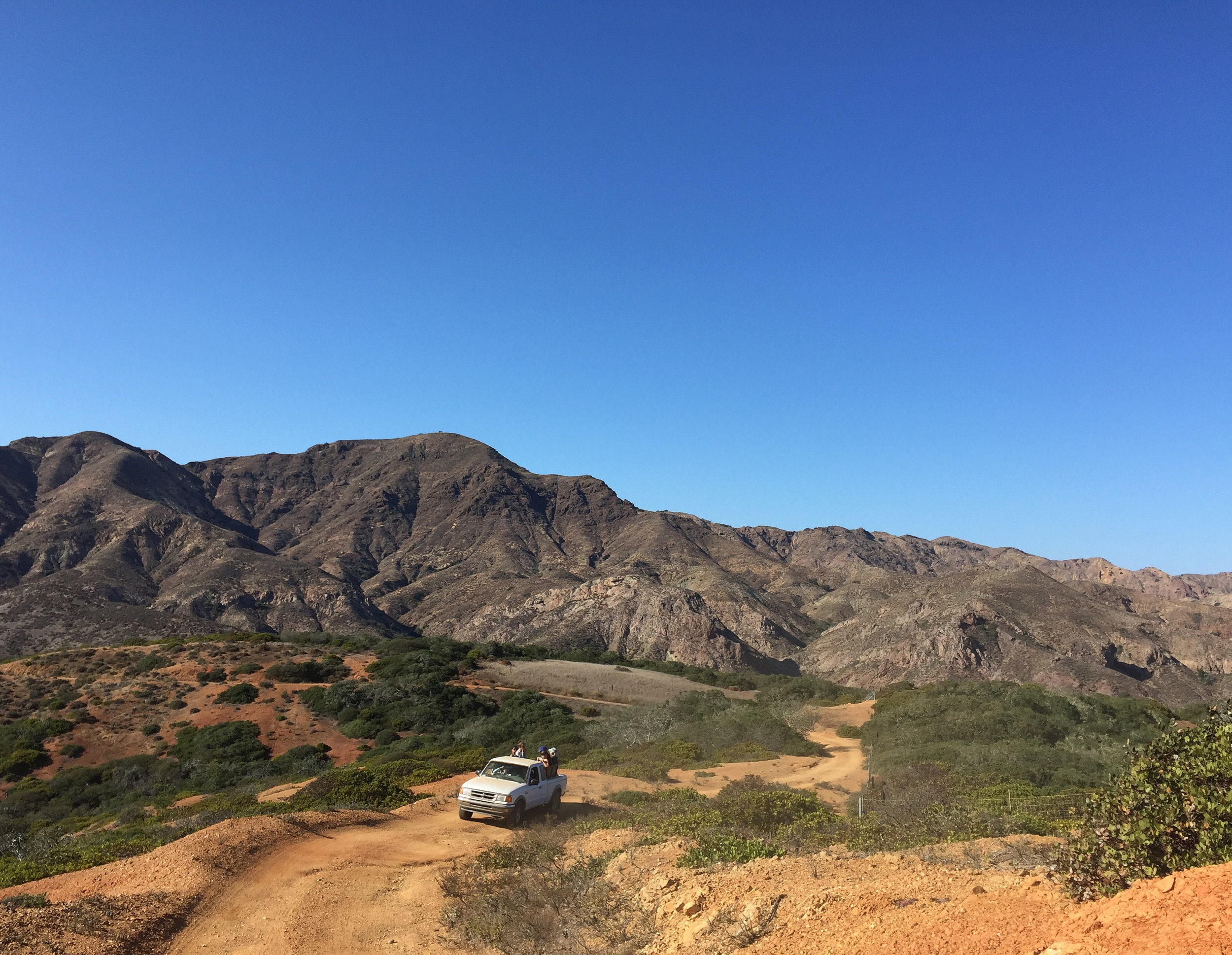

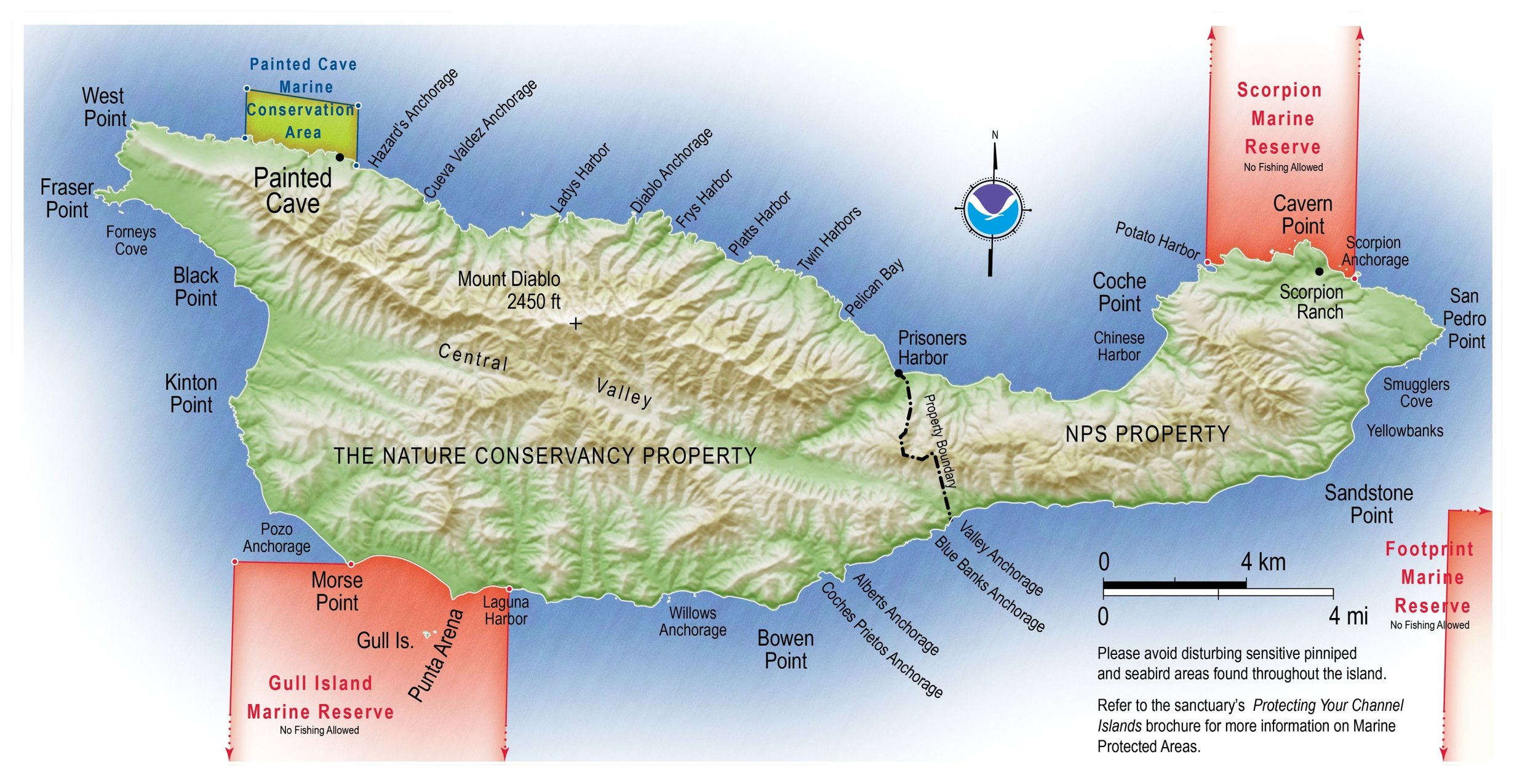

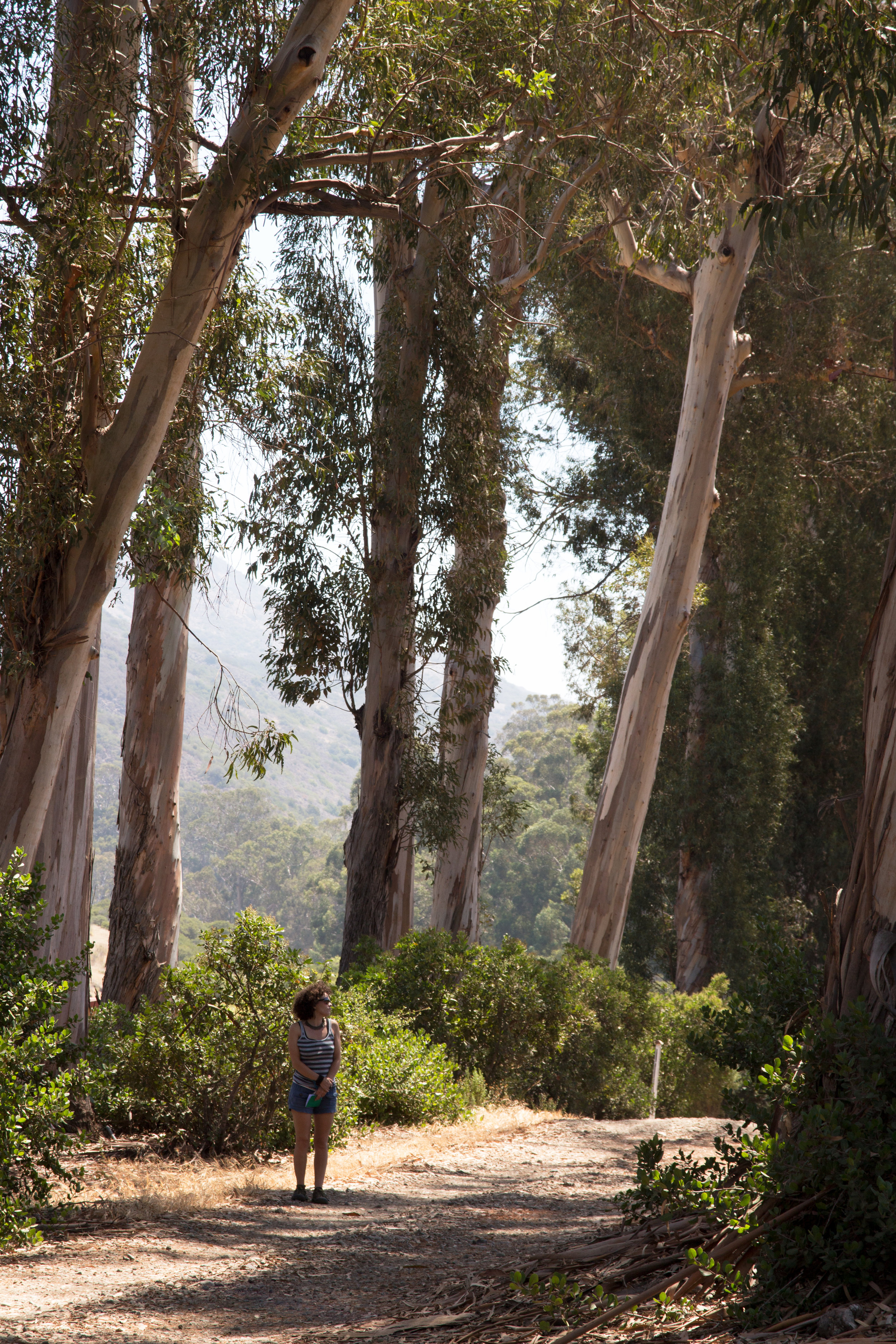
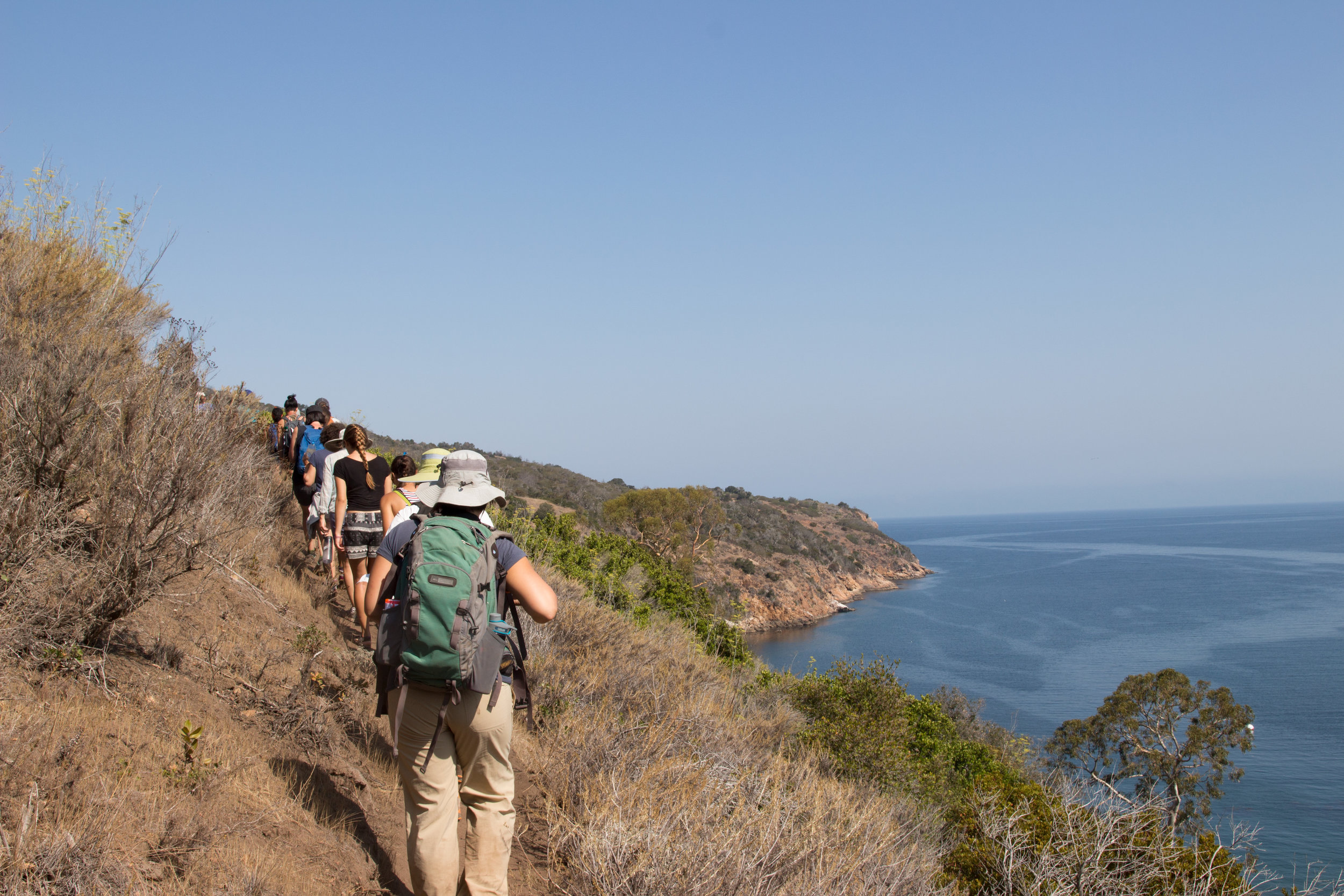
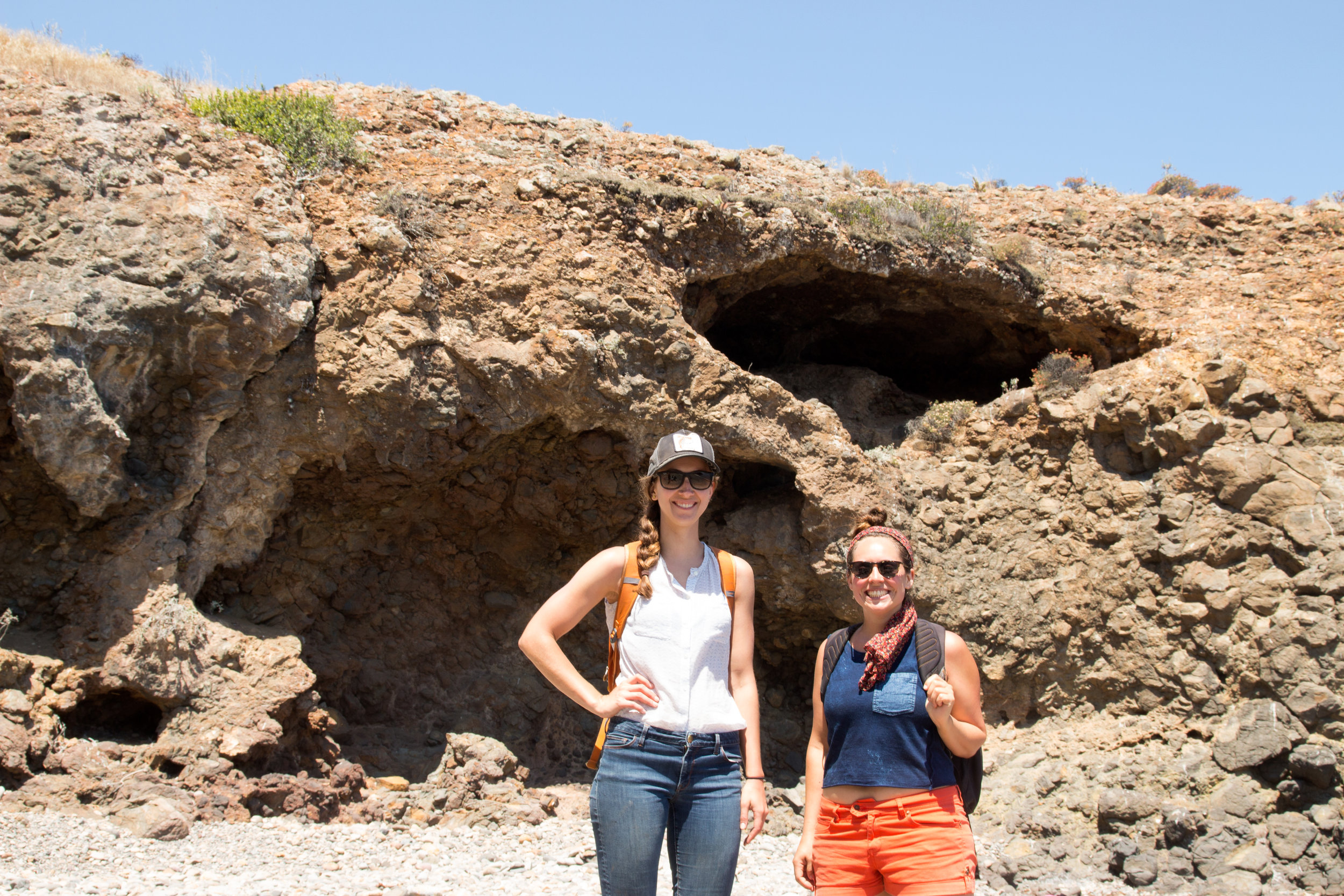
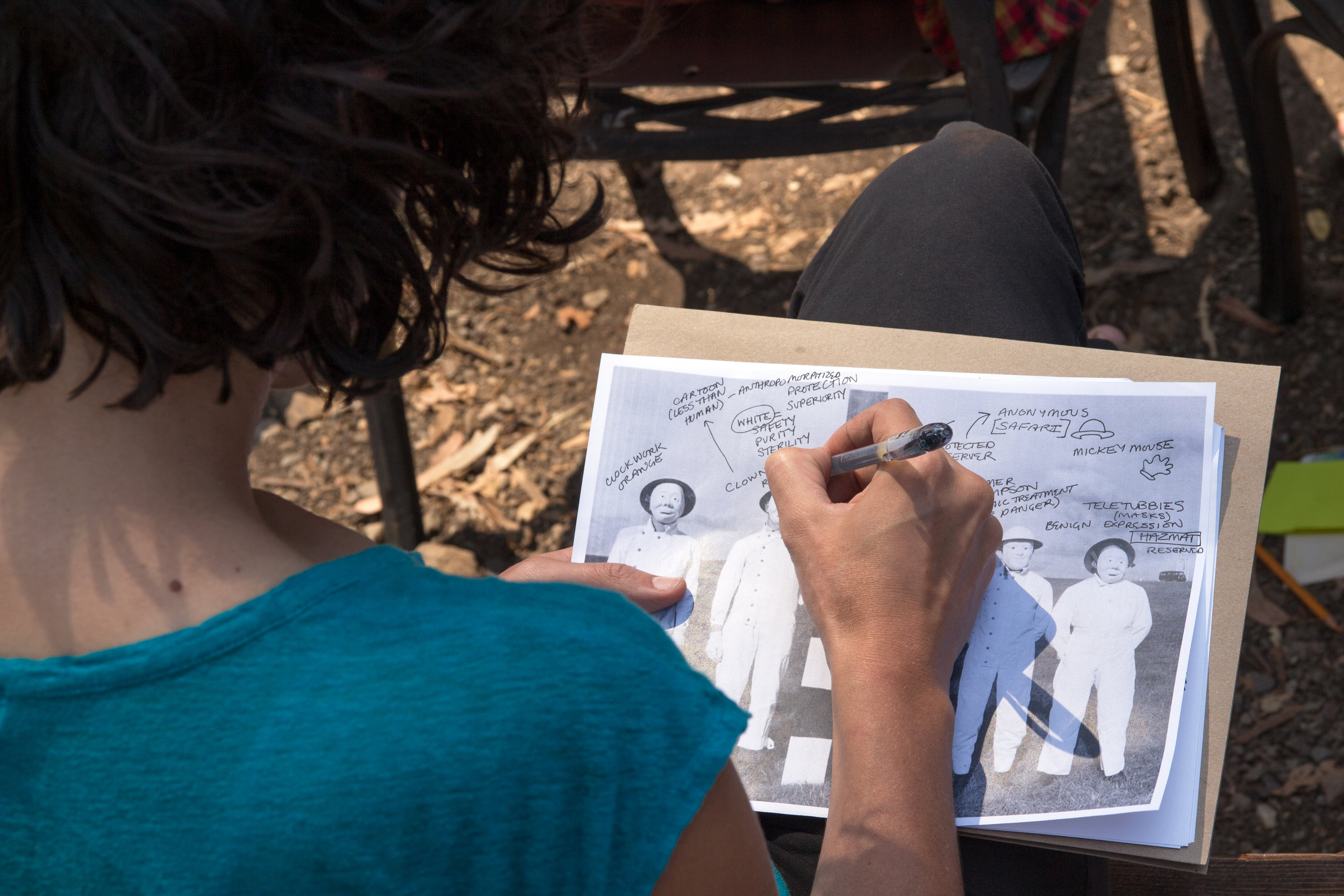
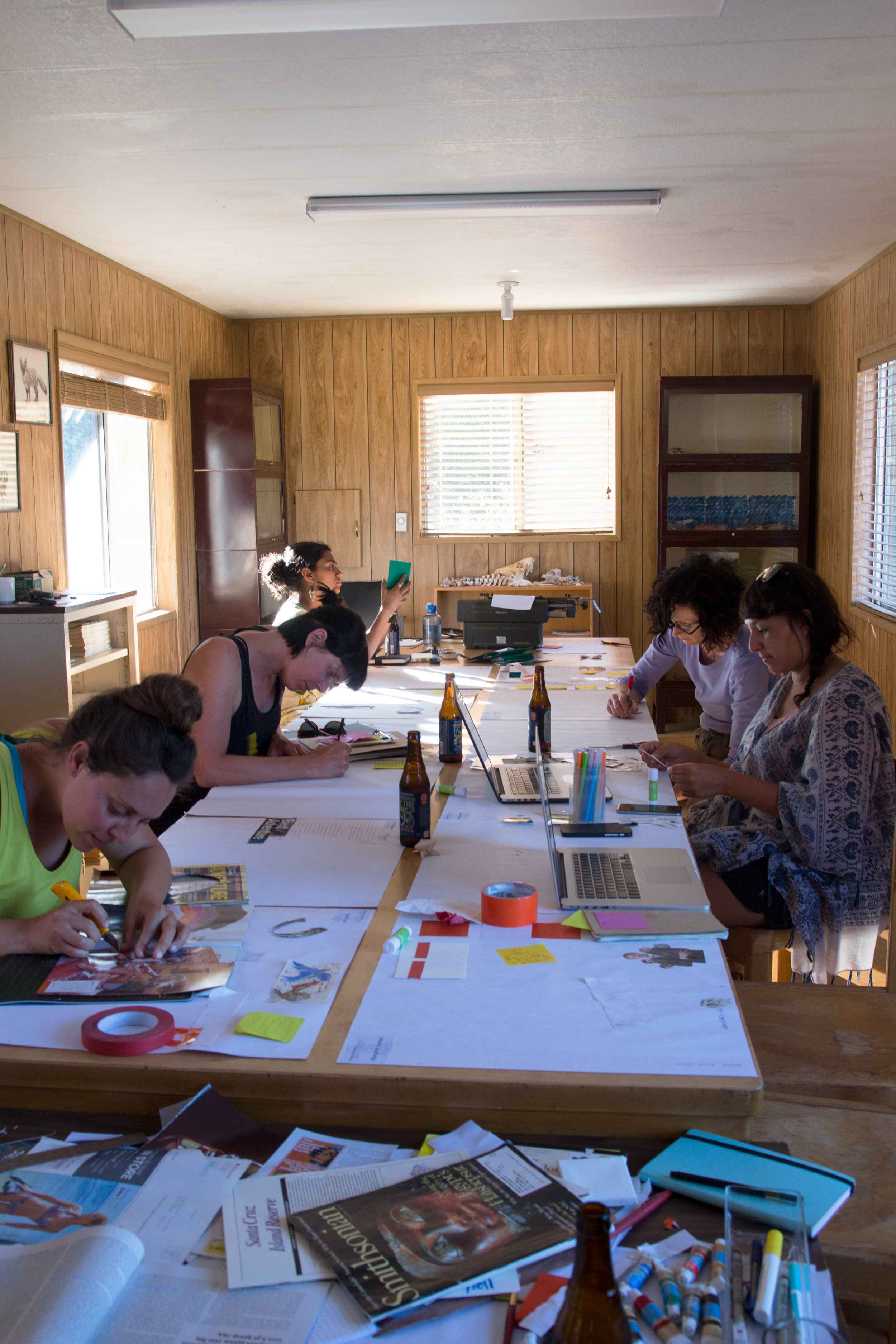
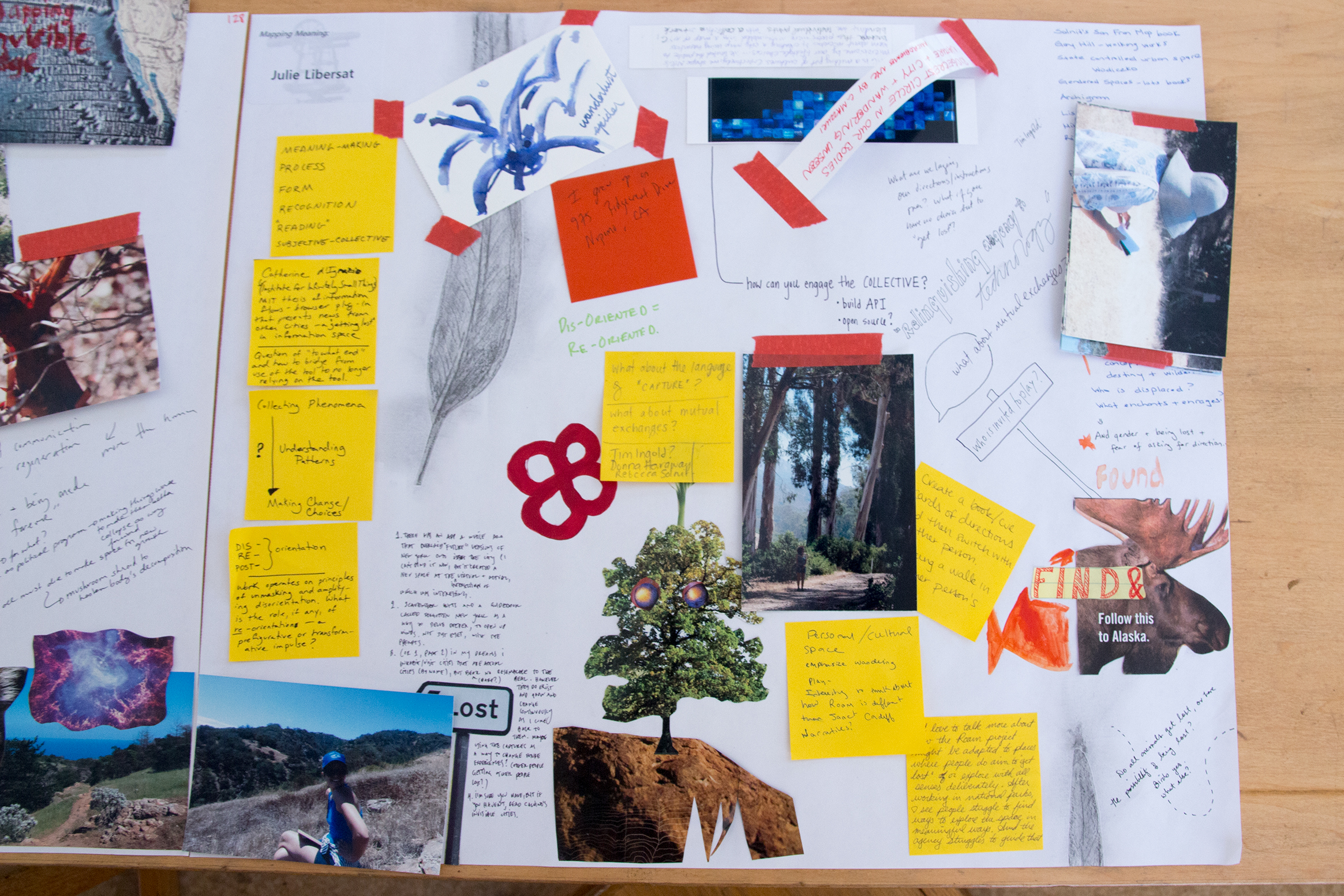
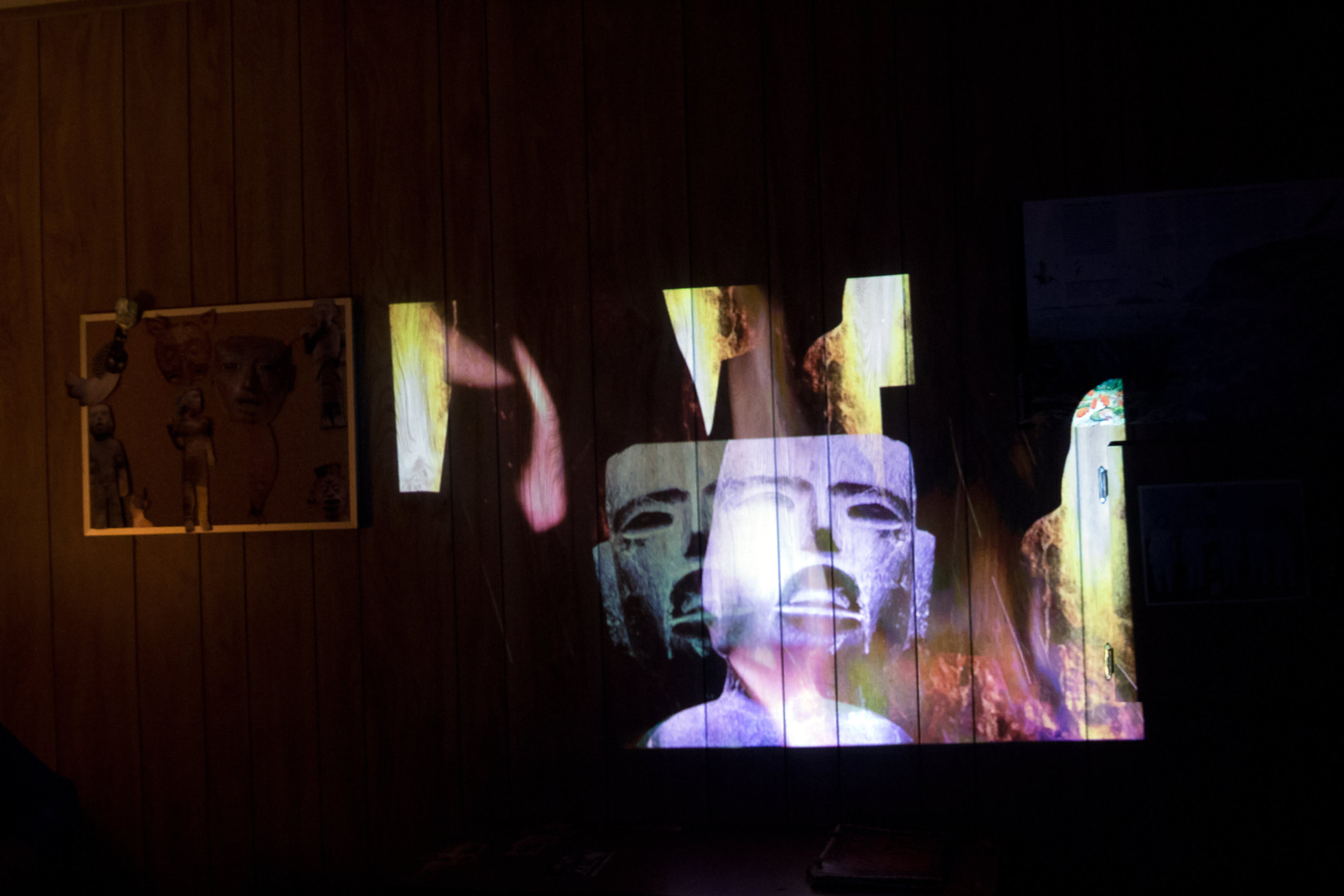
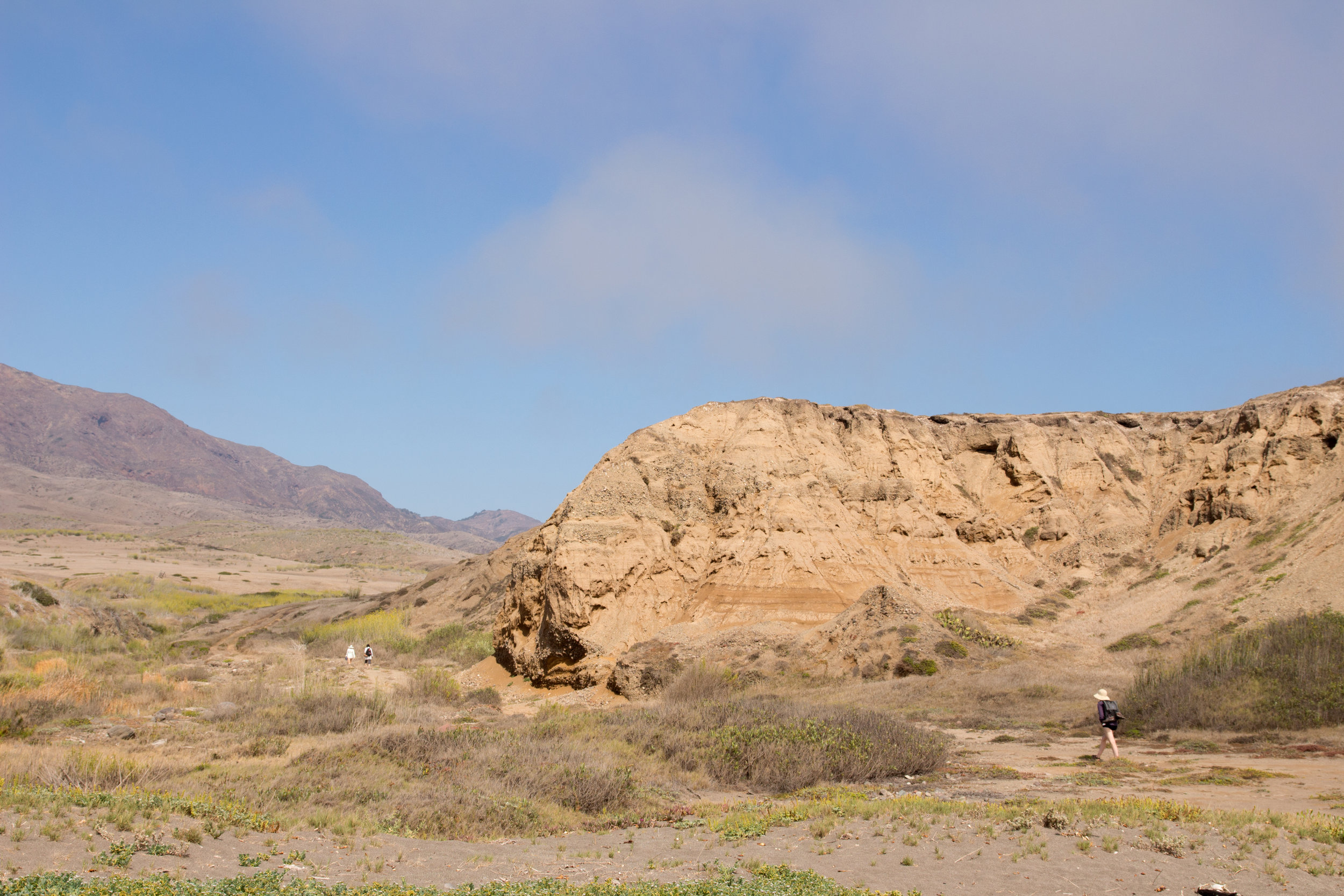
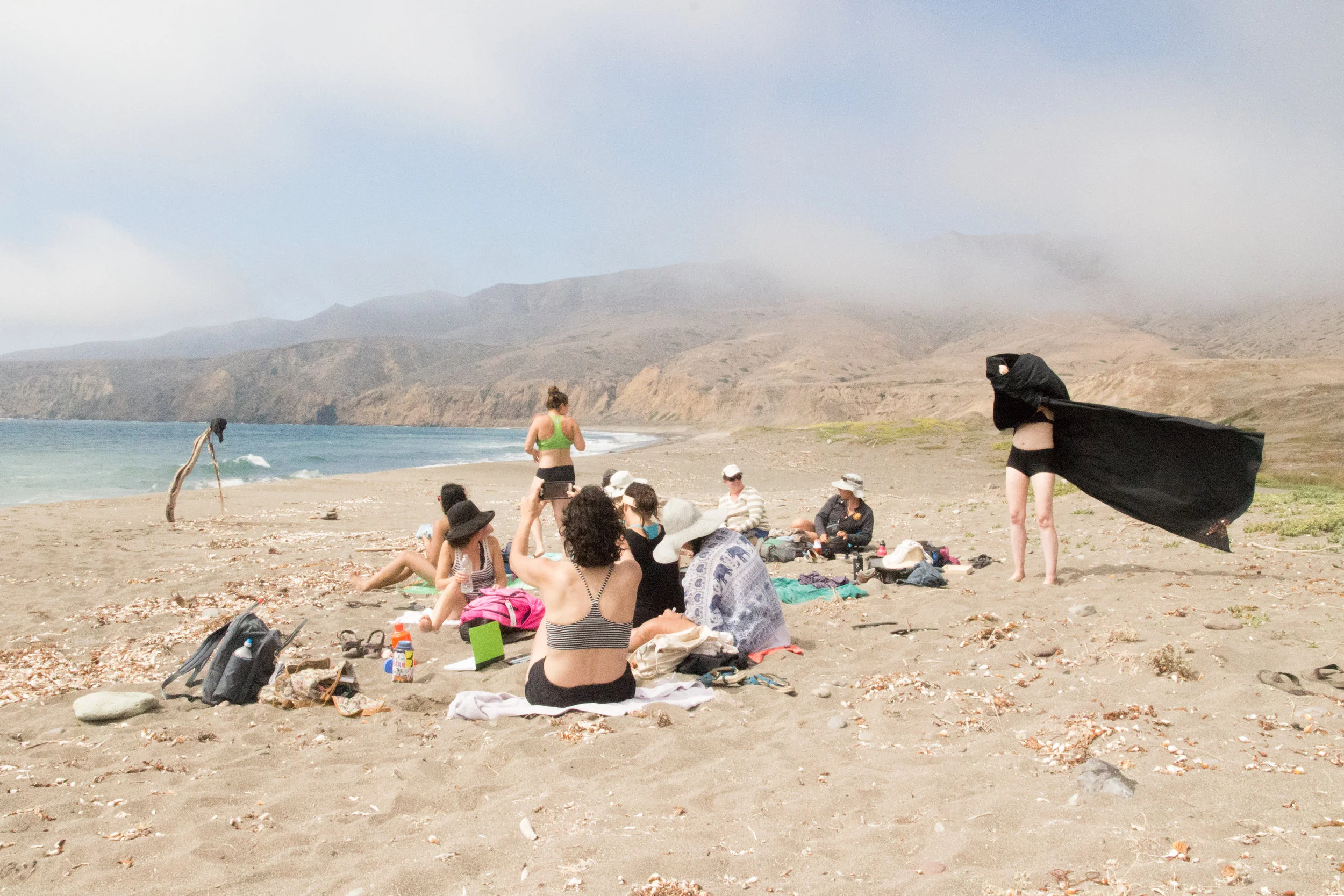
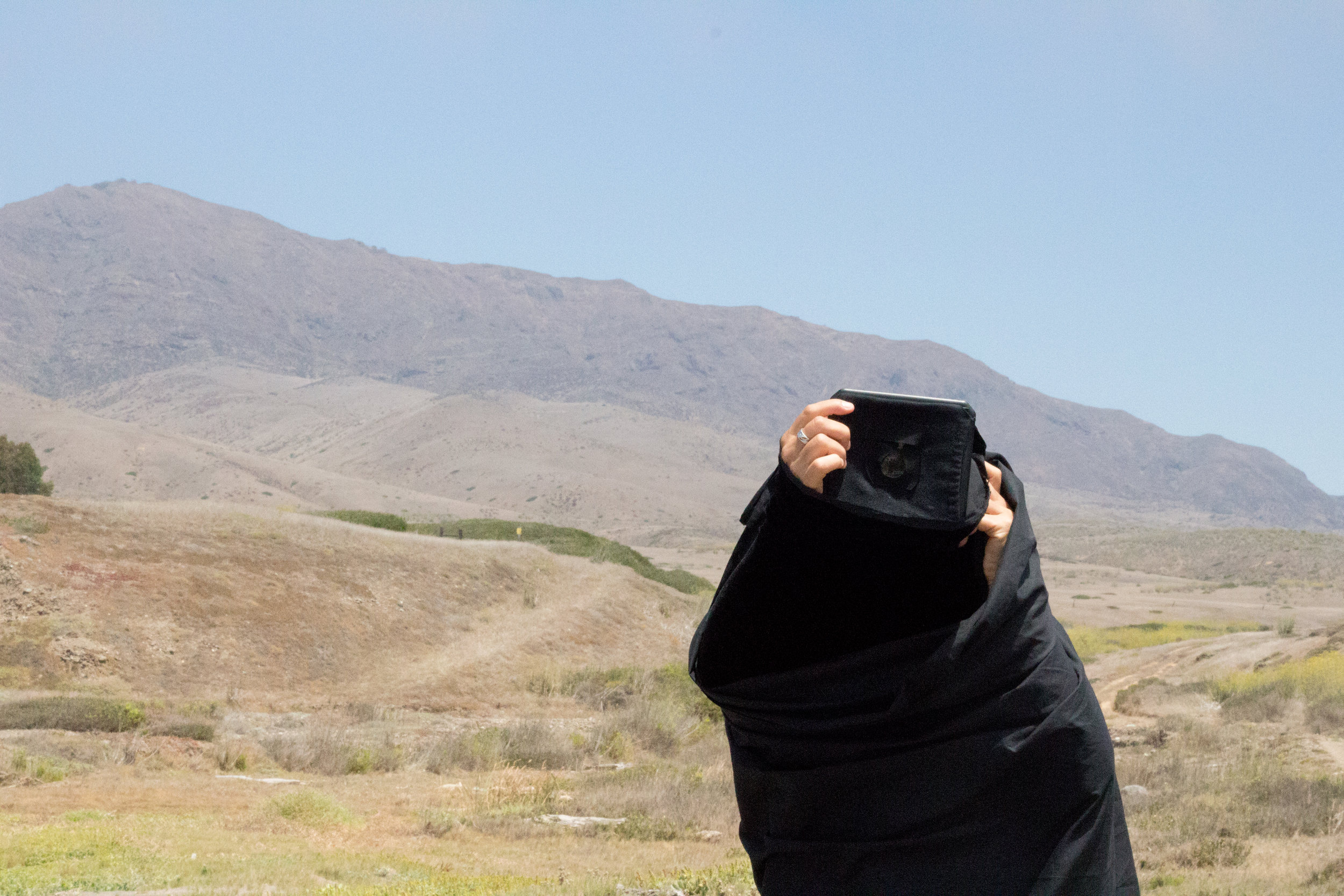

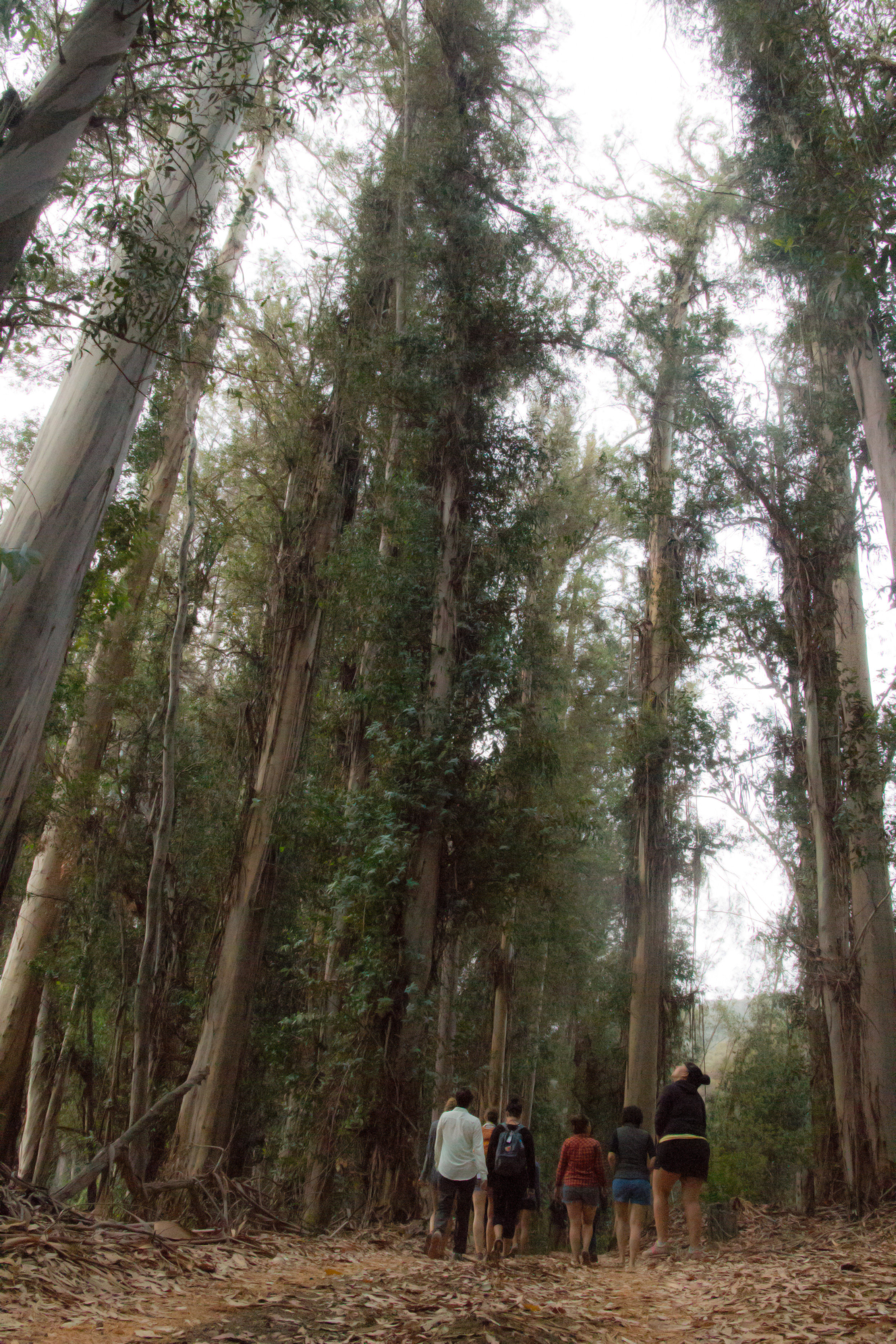
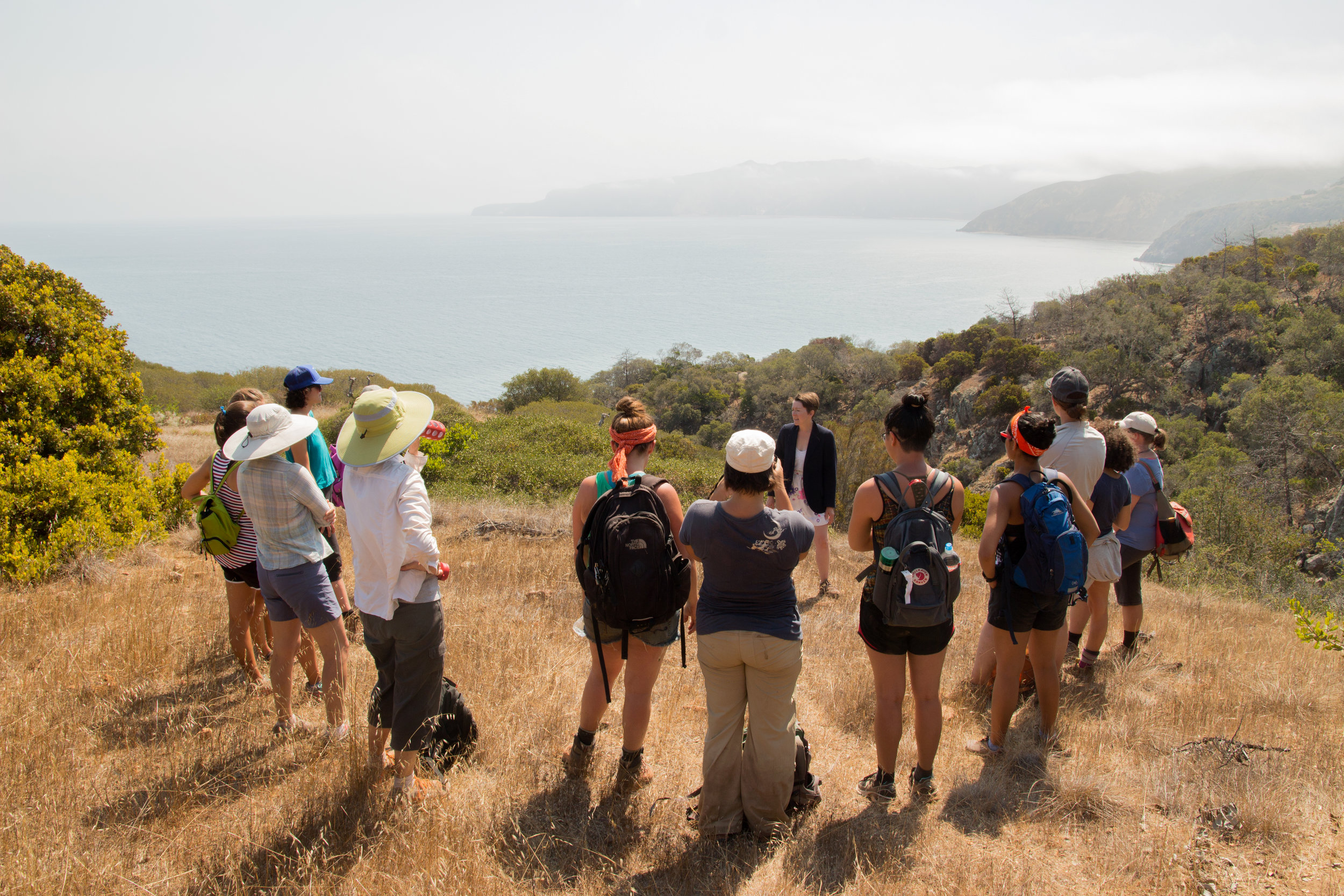
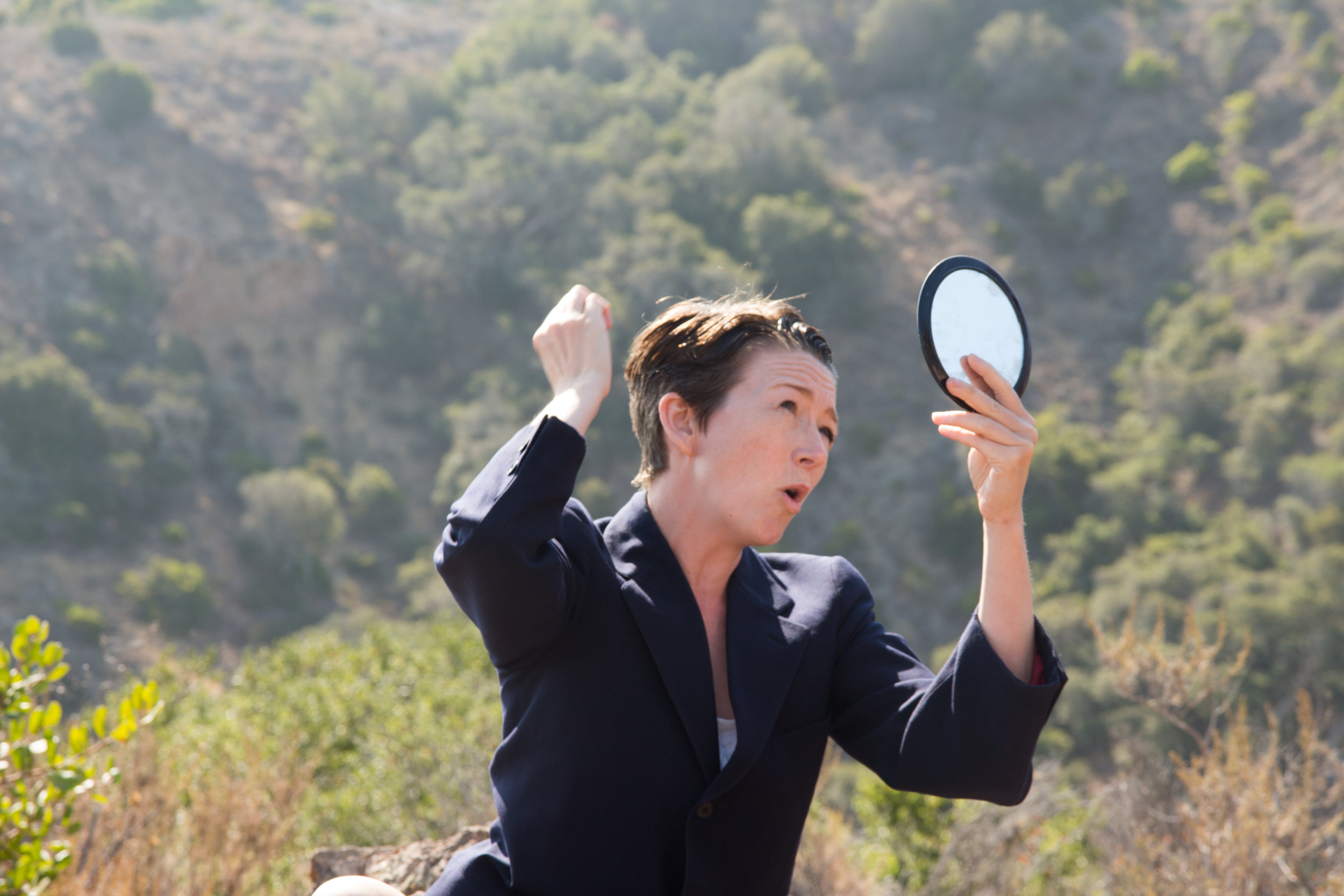
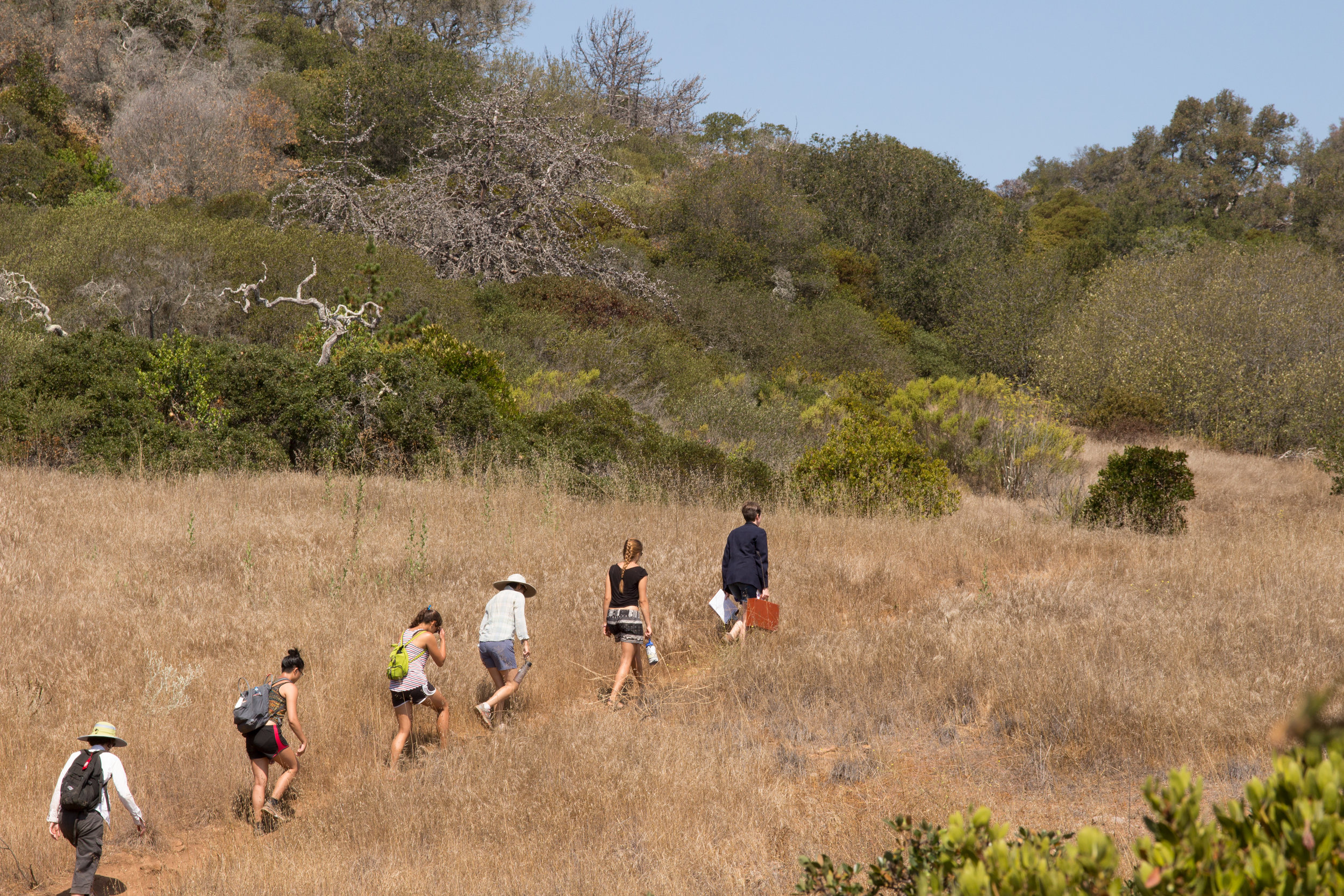
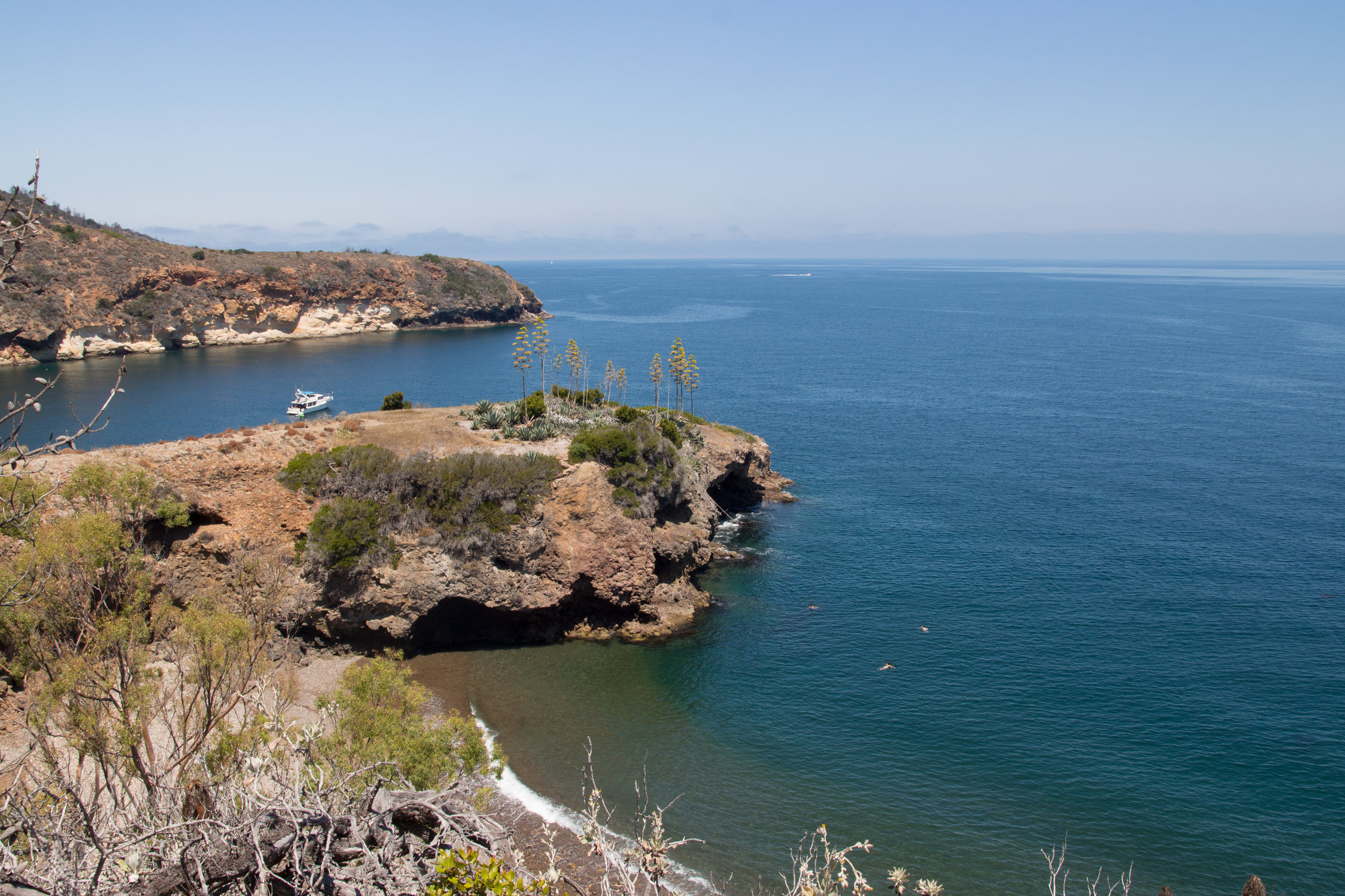

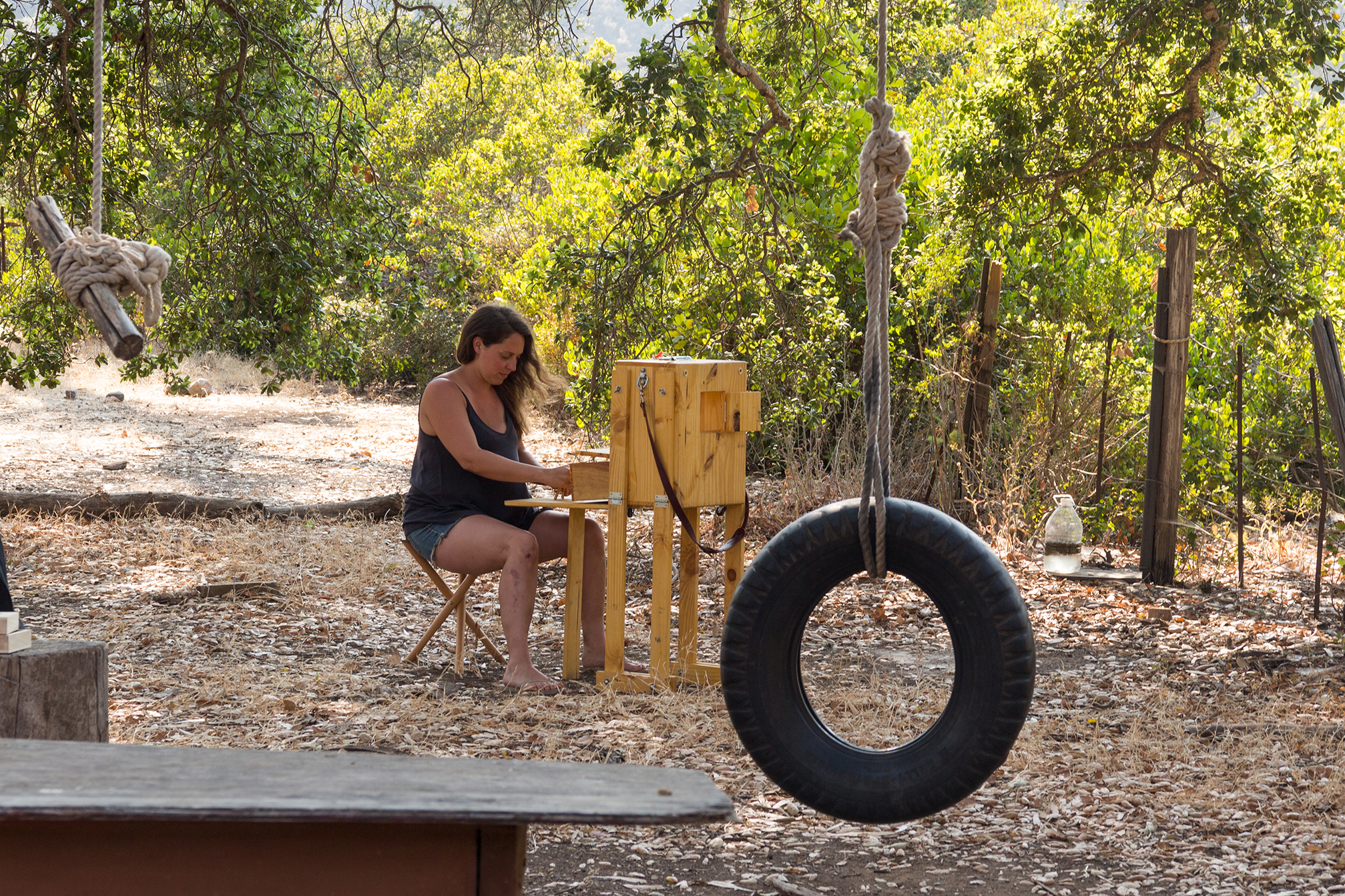
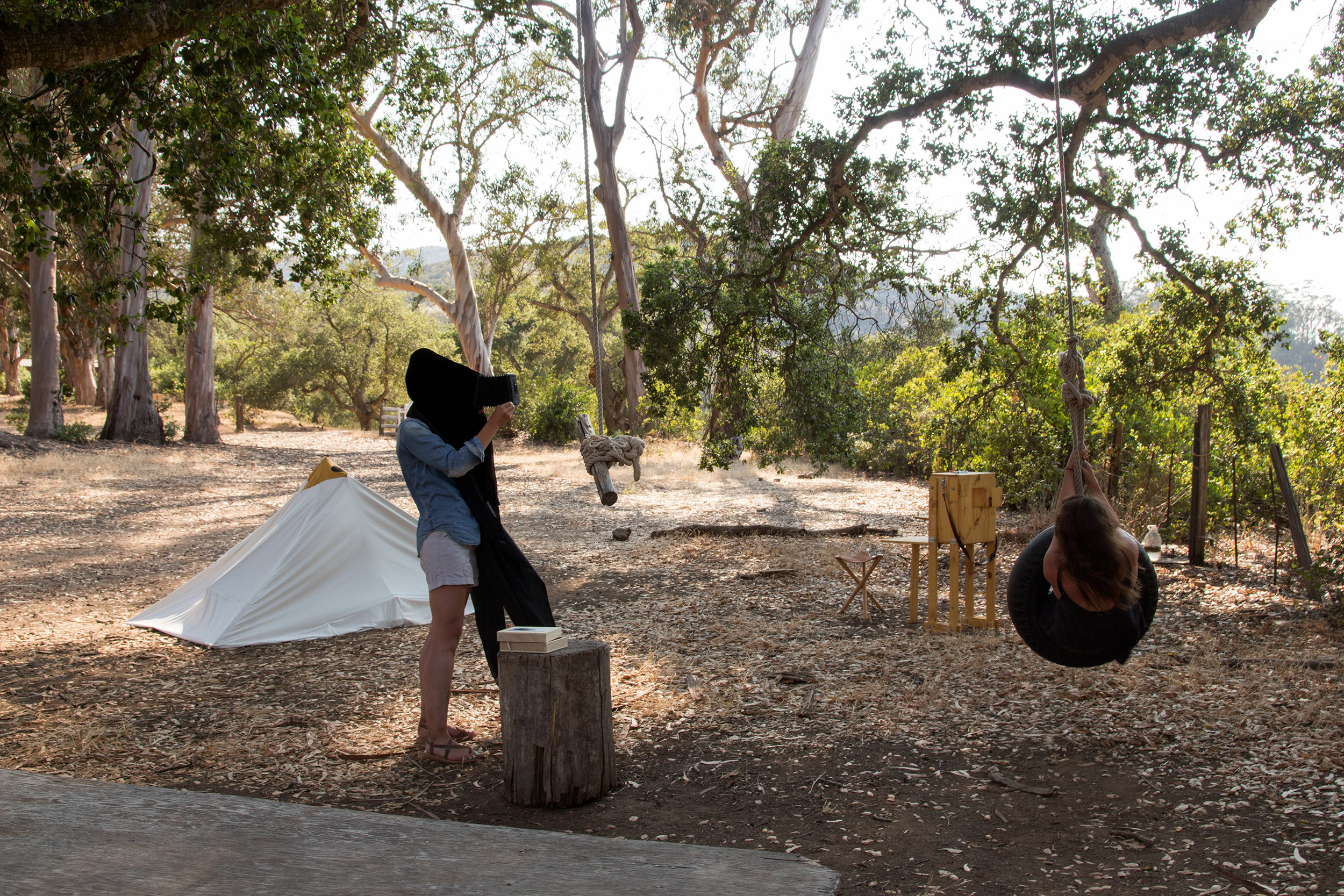
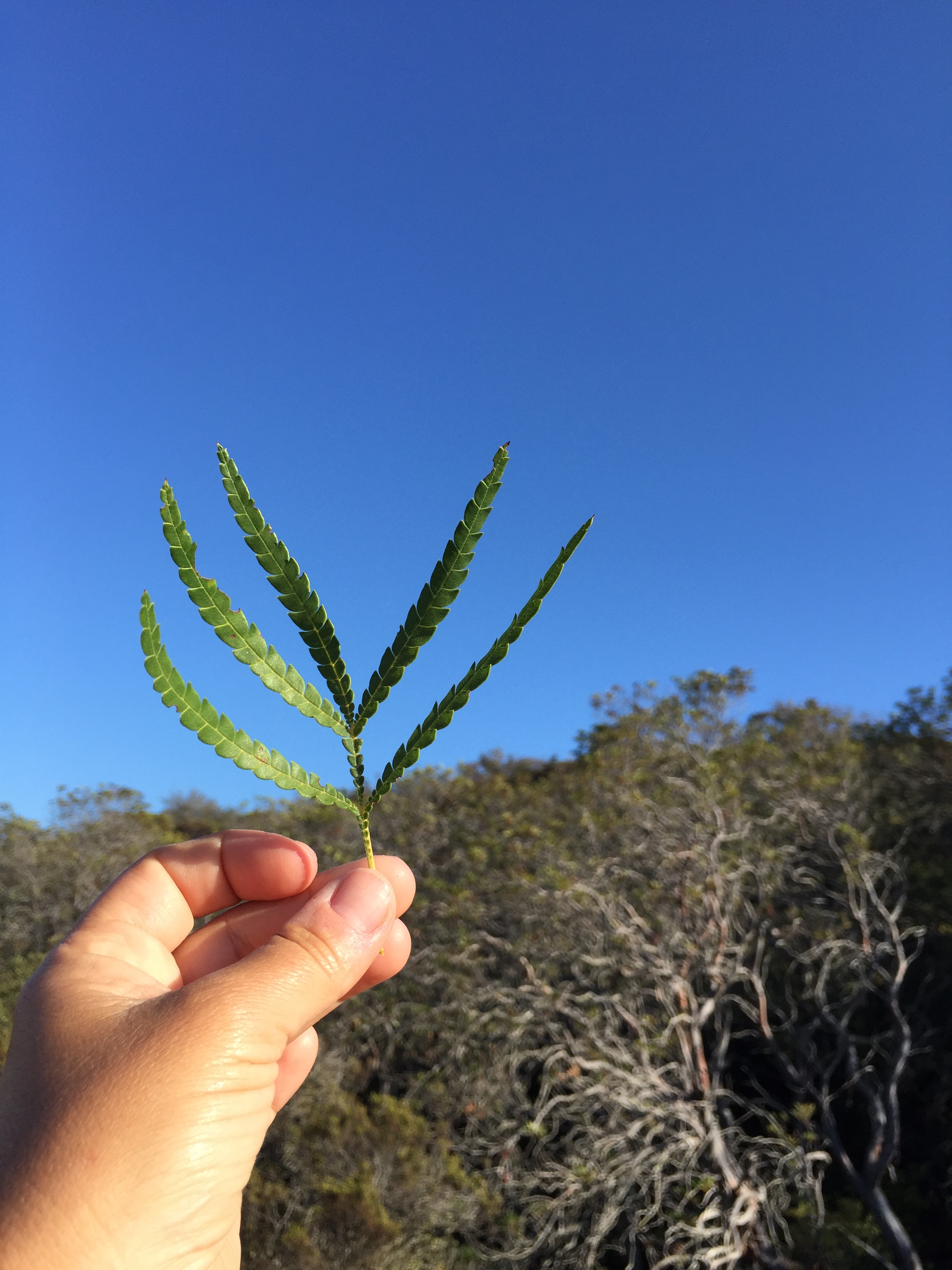
Changing the Subject: Edges, Narratives and Encounters
July 24-29, 2016
Santa Cruz Island, Channel Islands National Park, California
The 2016 workshop was held on Santa Cruz Island, a part of Channel Islands National Park in California. Close to the densely populated region of Southern California and yet one of the least visited of all national parks in the United States, the Channel Islands bridge two biogeographical provinces and are home to 145 endemic species. Santa Cruz Island is the largest and most diverse of the eight islands and has been an important site for thousands of years for people, including the Chumash who call the island Limuw ("in the sea"). By shifting our location away from the Colorado Plateau (2010, 2012, 2014) the 2016 workshop considered how island ecologies and processes that operate at small scales might stimulate/provoke new questions and modes of thinking about larger patterns.
In ecology, community junctions often have a tendency for increased variety and diversity, and this phenomenon is called the edge effect. Traveler species moving between communities can create lanes along these borders, which in turn promote primary productivity (the transformation of sunlight into carbon-based life) and can have positive cascading effects through all trophic levels. Mapping Meaning 2016 utilized this concept as a metaphorical structure from which to pose the following questions:
How might we as scientists, artists and scholars envision ourselves as a “traveler species” able to promote a kind of primary productivity that cascades through disciplines and encounters?
In the Three Ecologies Félix Guattari states, “there is at least a risk that there will be no more human history unless humanity undertakes a radical reconsideration of itself.” How might we promote a radical reconsideration of the role humanity plays in a more-than-human world?
Looking to unmake fictitious histories that place the human at the center and where certain cultures dominate, Mapping Meaning looks to create alternative narratives and encounters.
